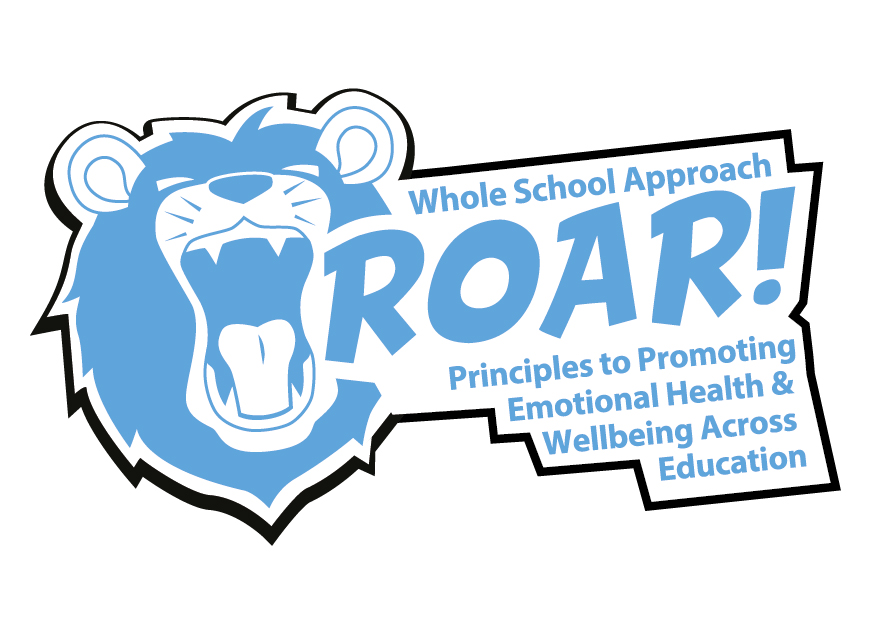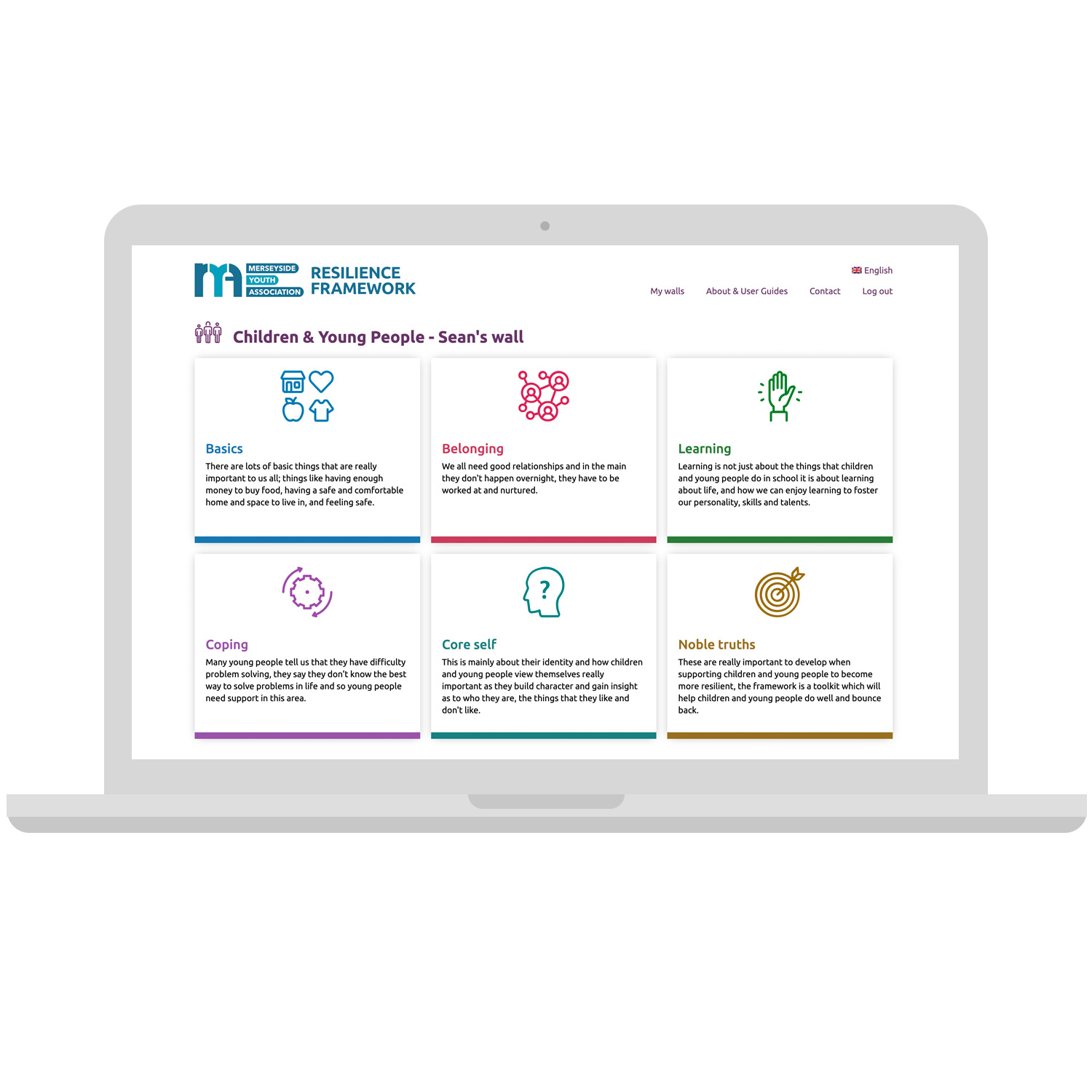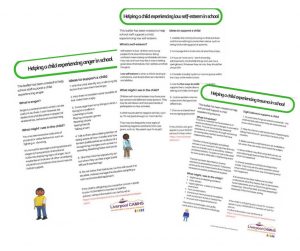Resources
On this page, you will find a range of resources and local information designed to help teaching staff recognise early signs of mental health issues. Working alongside the school’s ROAR or Mental Health First Aid Champion or your Education Mental Health Team (EMHT), you can decide on the appropriate action to take to support the child/young person.
You can download the school/education setting’s mental health and emotional wellbeing policy, including a version aimed at supporting young carers.
The WSA Mental Health Lead Hub is a ‘one-stop-shop’ for everything to facilitate your Whole School Approach, including a directory of services that can support your school.
A selection of tools and resources to support schools’ development of their Whole School Approach
What do I do if I’m worried about the mental health or emotional wellbeing of a child?
These flowcharts have been created to enable school staff to follow simple steps if they are concerned about a pupil and to help identify if further support is required. Click the links below:
You can download the thermometer featured in these flowcharts here
Information sheets – signs to look for and how to help
We have developed a range of information sheets covering pupils’ situations, feelings and behaviours that staff in schools and education establishments may encounter. Being able to identify the signs and confidently offer early intervention, can prevent problems from escalating.
Helping a child experiencing anger in school
Helping a child experiencing low self-esteem in school
Helping a child experiencing sleeping problems
Helping a child who’s feeling low in school
Helping a child with anxiety in school
Helping a child experiencing trauma in school
We have created parent/carer-friendly versions of these information sheets which can be downloaded here and child/young person-friendly versions can be downloaded here.

The ROAR Response to Mental Health in Primary Schools was the first in the series of ROAR programmes. The programme was initially developed in response to a whole-school approach to a mental health report.
From the success of ROAR Primary, the programme has been extended to include different settings, each with a different focus, including the ROAR Whole School Approach.
Each programme has been developed to enable professionals to support the different needs of children and young people. There’s also a programme designed to support the emotional health and wellbeing of staff working with children and young people.

Developed by The Liverpool Learning Partnership and Merseyside Youth Association, this self-assessment toolkit is designed to enable staff in education settings to recognise and reflect on areas in which they are adopting a Whole School Approach to student, family and staff emotional wellbeing, whilst identifying areas for improvement.
Mental Health and Emotional Wellbeing in Education Self-Assessment Tool

This Resilience Wall Framework is designed to help school staff take a whole-school approach to promoting and building resilience in schools.
By working through the framework, staff can review various aspects of the school’s day-to-day operations and longer-term approaches – through a resilience lens.
It can be used in conjunction with the Children and Young People’s Resilience Framework; working with them on a one-to-one basis to build their resilience, or the Families Resilience Framework.
Neurodevelopment Conditions
The Liverpool Neurodevelopmental Offer is made up of a number of organisations that also provide information to schools.
There is a range of information guides and resources explaining the range of neurodevelopmental conditions, such as Autistic Spectrum Disorder (ASD), Attention Deficit Hyperactivity Disorder (ADHD) and Sensory Processing Difficulties (SPD), including how to recognise signs through to advice on how to manage and support children with these conditions.
You can access resources regarding neurodevelopment conditions through the following links:
ADDvanced Solutions Neurodevelopmental resources
ADHD Foundation Neurodevelopmental resources
More resources and information about neurodevelopmental support and top tips can be found in the Early Help Directory


